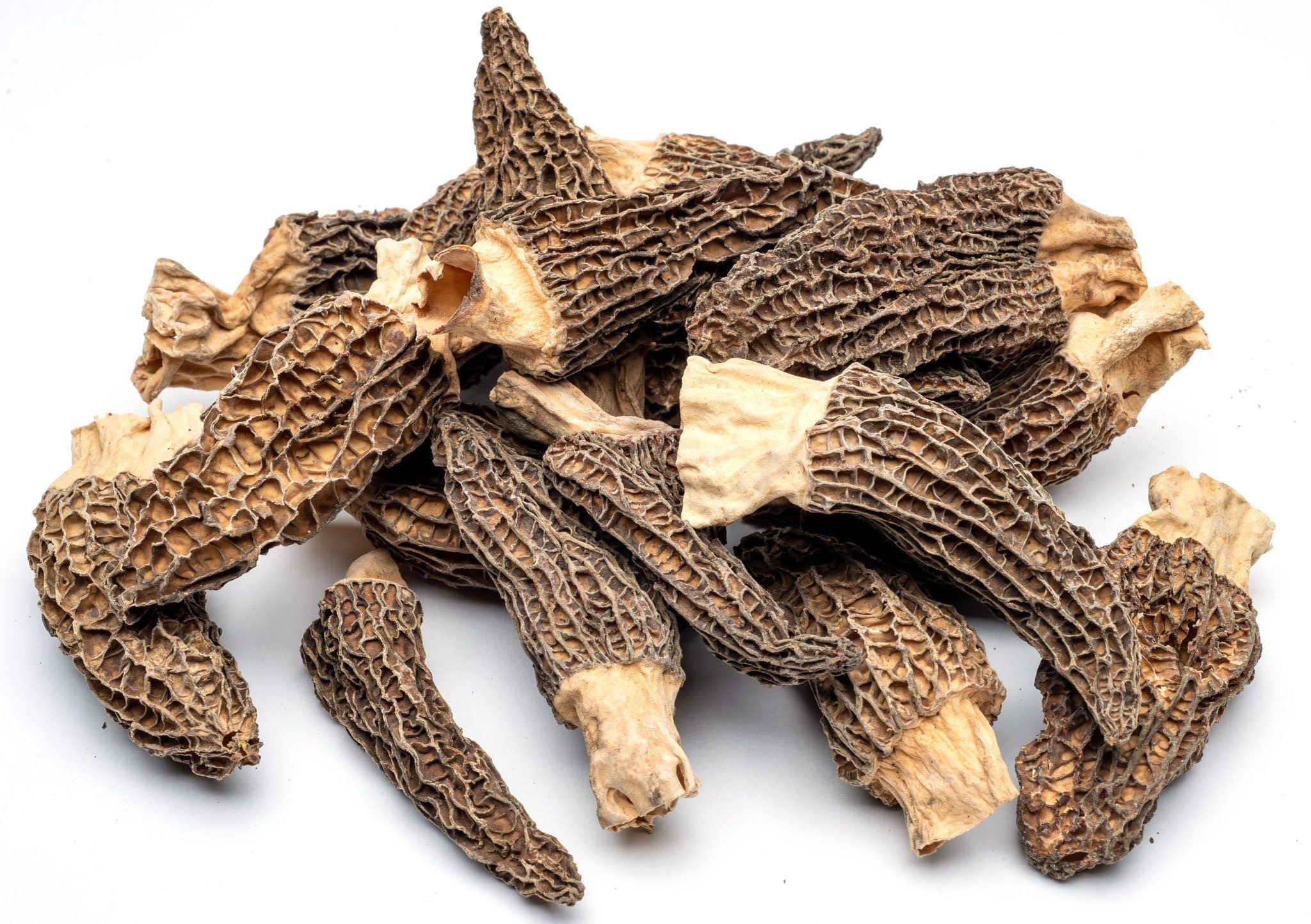When you think of superfoods, berries, olive oil, leafy greens, fish, and nuts may come to mind. Though these foods are all rich in compounds that benefit a person’s health, mushrooms are another contender that shouldn’t be pushed aside.
Mushrooms have been used for medicinal purposes for centuries and are extremely popular in Eastern medicine practices. At one time, Americans may have been hesitant to accept mushrooms as medicinally beneficial, but the 20 to 40 percent sale increase in mushrooms between 2019 and 2020 says things are changing.
Health Benefits of Mushrooms
There are many different varieties of mushrooms, and each type comes with its own set of health benefits. However, all mushrooms contain beta-glucans which aid the immune system and help with inflammation. They are also loaded with vitamins, full of micronutrients, and have a great deal of nutritional value. Some of the health benefits of mushrooms include:
- Boosts bone and brain health
- Prevents common cold
- Aids in weight loss
- Has anti-aging properties
- Combats oxidative stress
- Protects against liver damage
Properties of Mushrooms Promoting Health
Vitamin D
All mushrooms contain Vitamin D, which is a bone-strengthening vitamin. Morel mushrooms have exceptionally high Vitamin D content, so those who suffer from a Vitamin D deficiency may benefit from adding more of these to their diet. When you lack Vitamin D, it can lead to bone density issues, hair loss, depression, and more. For those who are hesitant to take supplements, adding morel mushrooms to your diet may be a great alternative.
Essential Nutrients
One of the essential nutrients mushrooms possess is copper. The amount of copper they have helps with cell regeneration. In addition, one Penn State study found that the fungi feature two antioxidants that are known for their anti-aging properties. Aside from copper, mushrooms are also rich in zinc, iron, magnesium, potassium, and phosphorus. They also are rich in selenium, glutathione, and ergothioneine, which are known to function as antioxidants that can mitigate oxidative stress.
Researchers at the University of Malaya in Malaysia found that the iron in mushrooms can help improve your brain’s health, enhance cerebral nerve growth, and reduce the risk of developing dementia and Alzheimer’s disease.
Fiber
If you’re looking for ways to incorporate more fiber into your diet, mushrooms are a great source of the nutrient. Additionally, they have minimal calories and no cholesterol. They are also believed to help detoxify the liver and protect it from damage.
How to Use Mushrooms
Mushrooms can be found in a variety of dishes, adding earthy, natural flavors to any meal. They’re typically found in stocks, sauces, and soups but can also be enjoyed alone as a side dish. So whether you’re making a gluten-free mushroom ravioli, wild mushroom tamales, or porcini mushroom risotto, there are plenty of tasty ways to incorporate mushrooms into your diet.
Now, mushroom smoothies, powders, pills, extracts, teas, and coffees are rising in popularity. But you don’t have to give in to the fads to reap all the flavor and health benefits of this superfood. Get your hands on dried mushrooms and then sautée, fry, stuff, or bake them to your liking.






